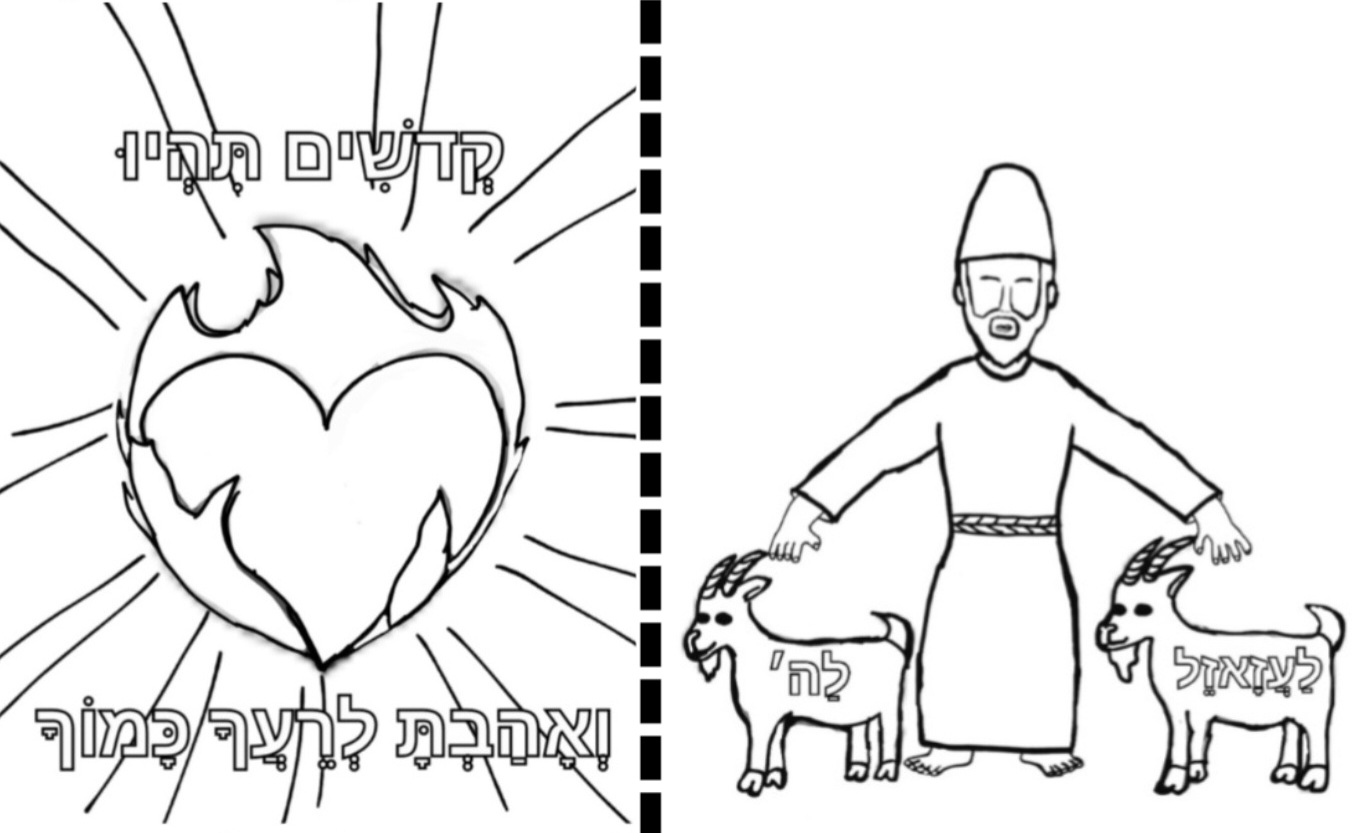These Divrei Torah should be a Zechus L’Ilui Nishmas my mother Chaya Rochel Bas Dovid Tzvi (Hareini Kaparas Mishkavah), my sister Kayla Rus Bas Bunim Tuvia A”H, my maternal grandfather Dovid Tzvi Ben Yosef Yochanan A”H, my maternal grandfather Dovid Tzvi Ben Yosef Yochanan A”H, my paternal grandfather Moshe Ben Yosef A”H, my paternal grandmother Channah Freidel Bas Avraham A”H, my uncle Reuven Nachum Ben Moshe & my great aunt Rivkah Sorah Bas Zev Yehuda HaKohein,
It should also be in Zechus L’Refuah Shileimah for:
-My father Bunim Tuvia Ben Channa Freidel
-My grandmother Shulamis Bas Etta
-MY BROTHER: MENACHEM MENDEL SHLOMO BEN CHAYA ROCHEL
-Mordechai Shlomo Ben Sarah Tili
-Noam Shmuel Ben Simcha
_R’ Simcha Yitzchak Ben Mirela Yudka
-Chaya Rochel Ettel Bas Shulamis
-It should also be a Z’chus for an Aliyah of the holy Neshamos of HaRav HaGa’on V’Sar HaTorah Shmaryahu Yosef Chaim Ben HaRav Yaakov Yisrael Kanievsky A”H, Dovid Avraham Ben Chiya Kehas—R’ Dovid Winiarz ZT”L, Miriam Liba Bas Aharon—Rebbetzin Weiss A”H, as well as the Neshamos of those whose lives were taken by terrorists (Hashem Yikom Damam), COVID-19, and other tragedies.
-It should also be a Z’chus for success for Tzaha”l as well as the rest of Am Yisrael, in Eretz Yisrael and in the Galus.
בס”ד
פרשת אחרי מות
“For Hashem or Azazel?”
פַּרְשַׁת אַחֲרֵי מוֹת teaches us about the special קָרְבָּנוֹת that were offered on יוֹם כִּפּוּר. The two most well-known animals of the יוֹם כִּפּוּר service are the two goats, one for ה׳ and one for עֲזָאזֵל. The first goat is a קָרְבָּן for ה׳. The second goat was taken to a mountain called “עֲזָאזֵל” and would be pushed off the cliff.
Question: Why were these two goats needed? And why would ה׳ want a goat to be pushed off a cliff? That seems strange. What can we learn from these two goats?
Answer: יוֹם כִּפּוּר is all about תְּשׁוּבָה. An important part of תְּשׁוּבָה is to think about the choices we have made in our lives. Are we acting the way ה׳ wants us to? Are we going against ה׳?
We are like the two goats. The two goats represent these choices that we make. We can either be for ה׳ and or we can be for עֲזָאזֵל. If we choose to be for ה׳, it is like our souls are become a holy קָרְבָּן. But, if we go against ה׳, it’s almost like we are taking our souls and pushing it off the cliff.
Every action we do can either bring us closer to ה׳ or take us away from ה׳. Let us try our best to make the right decisions and be for ה׳. Have a wonderful שַׁבָּת!
Rabbi Eisenberg, Grade 3
בס”ד
פרשת קדושים
“How to Love?”
פַּרְשַׁת קְדֹשִׁים teaches us over 50 מִצְווֹת! But, there is 1 מִצְוָה which רַבִּי עַקִיבָא describes as the כְּלַל גָדוֹל בַּתּוֹרָה (important rule of the Torah).
That is the מִצְוָה of:
“וְאָֽהַבְתָּ֥ לְרֵֽעֲךָ֖ כָּמ֑וֹךָ”
“And you shall love your neighbor as you love yourself.”
This “important rule”seems to say that we must love our fellow Jews as much as love ourselves. What a beautiful מִצְוָה! But, let’s be honest. It sounds impossible.
Can we really say that we love every other Jew in the world as much as we love ourselves? Maybe we have family members and friends whom we love very much. We might even be really friendly to Jews who are strangers. But, do we love any of them as much as we love ourselves? And how about that boy or a girl or that a man or a woman that we don’t like very much; the person in school or in Shul (בֵּית הַכְּנֶסֶת) who said something mean to us. Are we expected to feel love for that person anyway?
One more problem: Let’s say that we decided that, no matter what, we are going to love every Jew (even the mean ones), is it possible for us to actually love them as much as we love ourselves? According to הַלָכָה, if you are stranded with a friend and you have the last cup of water (and there is only enough for one person), the rule is actually that you have to drink it yourself. So, how is it possible to love someone as much as we love ourselves? How are we supposed to do this מִצְוָה?
Answer: The רַמְבַּ״ן explains that the תּוֹרָה can’t actually be expecting us to love anyone as much as ourselves. But, what it does mean is that we have to think about other people’s feelings. “וְאָֽהַבְתָּ֥ לְרֵֽעֲךָ֖ כָּמ֑וֹךָ” means that the same way that we are happy when good things happen to us, we should also want good things and be happy for other Jews. It means that the same way that we don’t like when our feelings are hurt, we should not want other Jews’ feelings to be hurt. This is the important rule of the תּוֹרָה. And we can actually do this מִצְוָה with all Jews, even the ones that we don’t get along with!
Let us try our best to love all Jews as much as we can and ה׳ will show us that same love. Have a wonderful שַׁבָּת!
Rabbi Eisenberg, Grade 3

